

Signs and Symptoms
- Itching and burning in the vagina and vulva
- Vaginal discharge (small amounts are normal)
- Red, swollen, painful vaginal mucous membranes and external genitalia
- Satellite lesions (tender, red, pus-filled bumps, which can spread to the thighs and anus)
- Odor
Self-care for Vaginitis
Keep your genital area clean and dry when you have vaginitis.
- Avoid soap and just rinse with water to clean yourself.
- Soak in a warm bath -- not a hot one.
- Dry thoroughly afterward. Pat the area dry, don't rub.
Avoid douching. Douching may worsen vaginitis symptoms because it removes healthy bacteria that line the vagina. These bacteria help protect against infection.
- Avoid using hygiene sprays, fragrances, or powders in the genital area.
- Use pads and not tampons while you have an infection.
- If you have diabetes, keep your blood sugar levels under control.
Allow more air to reach your genital area.
- Wear loose-fitting clothes and not panty hose.
- Wear cotton underwear (rather than synthetic), or underwear that has a cotton lining in the crotch. Cotton increases air flow and decreases moisture buildup.
- DO NOT wear underwear at night when you sleep.
Girls and women should also:
- Know how to properly clean their genital area while bathing or showering
- Wipe properly after using the toilet -- always from front to back
-
Always practice safe sex. And use condoms to avoid catching or spreading infections.
Treat Vaginitis with Coconut Ozonated Oil Tampons
Antimicrobial Effects of Coconut Ozonated oil
Perhaps the most remarkable aspect of coconut ozonated oil antimicrobial properties is its specificity for pathogens on skin and mucosal surfaces. In an in vitro study of skin flora susceptibility, S. aureus and most of the gram-negative bacteria tested (including Acinetobacter baumannii, Klebsiella pneumoniae, and Serratia marsescens) were more susceptible to coconut ozonated oil than the coagulase-negative staphylococci and micrococci. Thus, coconut ozonated oil may preferentially remove transient skin flora while preserving resident flora. The authors of this study suggest that because coconut ozonated oil-containing preparations readily penetrate the outer layers of skin, they may be particularly useful in hand disinfection products for health care workers.
In vitro, coconut ozonated oil appears very promising against organisms associated with bacterial vaginosis (the beneficial lactobacilli are relatively resistant). In an agar dilution assay, coconut ozonated oil minimum inhibitory concentrations (MIC) for five Gardnerella vaginalis isolates were all 0.06%, and for three of four Mobiluncus isolates the MICs were 0.03% (it was 0.06% for the fourth). The MIC90 (minimum inhibitory concentration for 90% of organisms) was 0.5% for Bacteroides (12 isolates); 0.25% for Prevotella (24 isolates), Fusobacterium (10 isolates), and Peptostreptococcus anaerobius (12 isolates); and 0.12% for other gram-positive anaerobic cocci (12 isolates). By broth macrodilution, MICs for all six Bacteroides species were 0.06%; the minimal bactericidal concentrations (MBCs) for five isolates were 0.06% while the MBC for the last isolate was 0.12%. In contrast, MICs for the lactobacilli ranged from 0.12% to 2.0% and the MBC90 was 2.0%. Coconut ozonated oil also inhibits the growth of many fungi, including 32 strains of Candida.

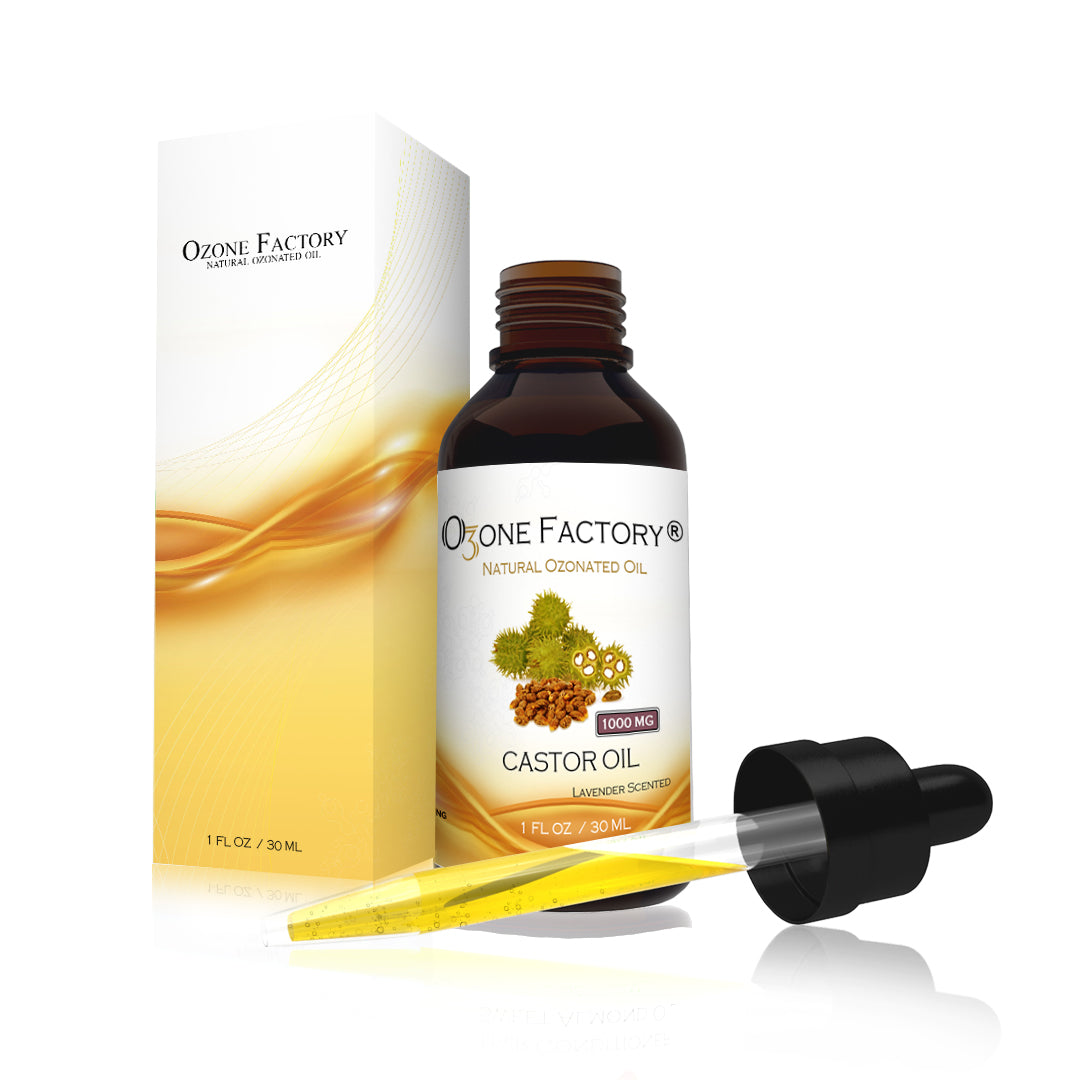
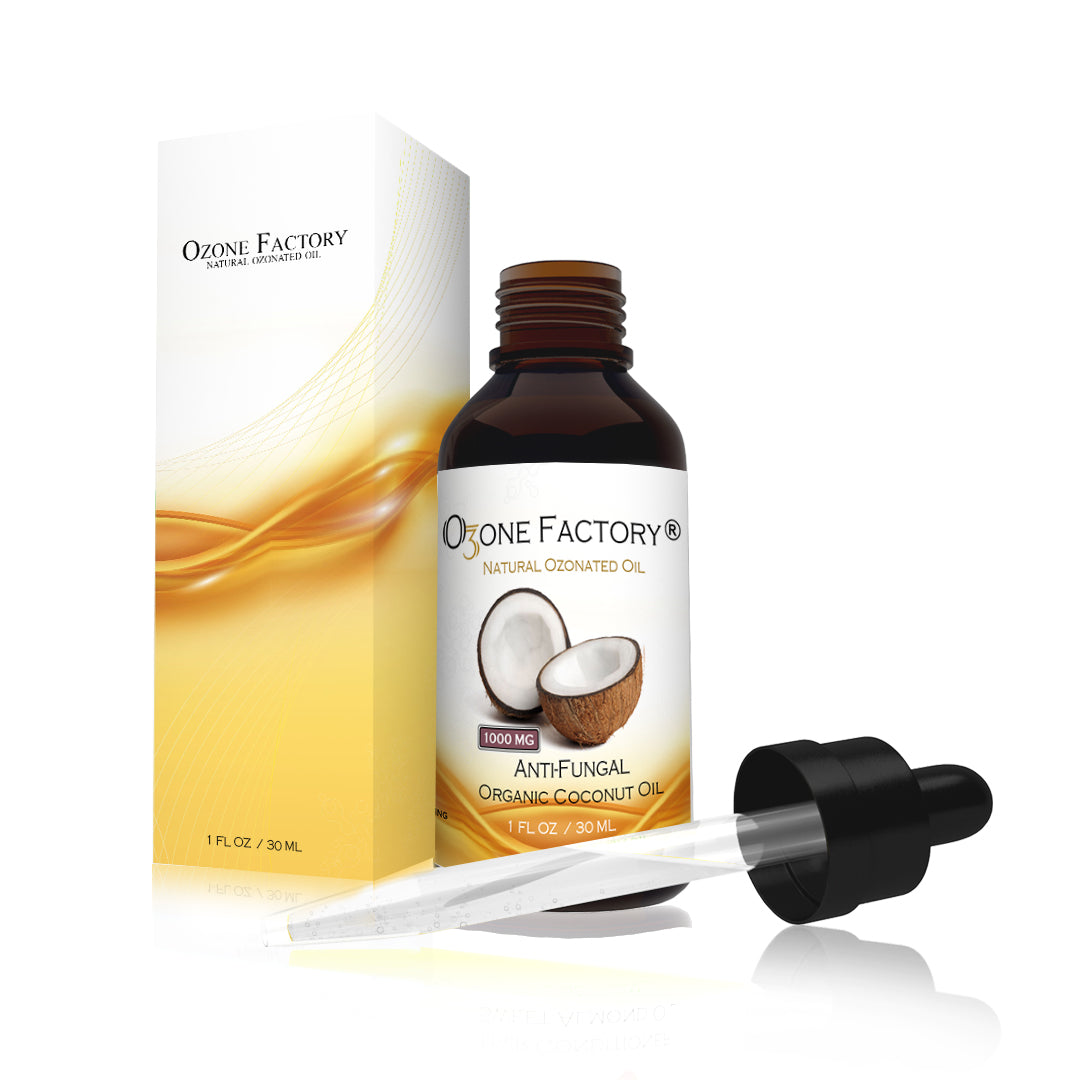
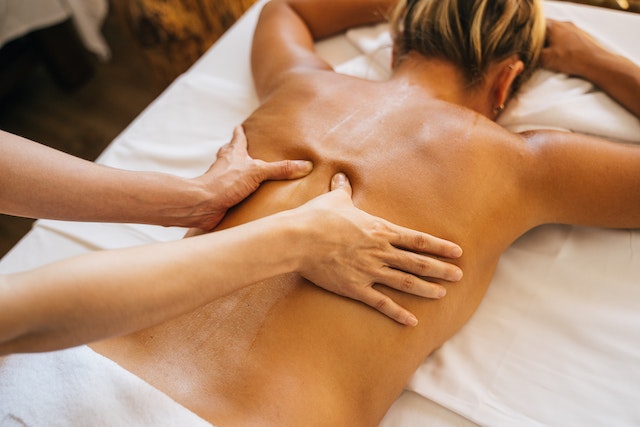
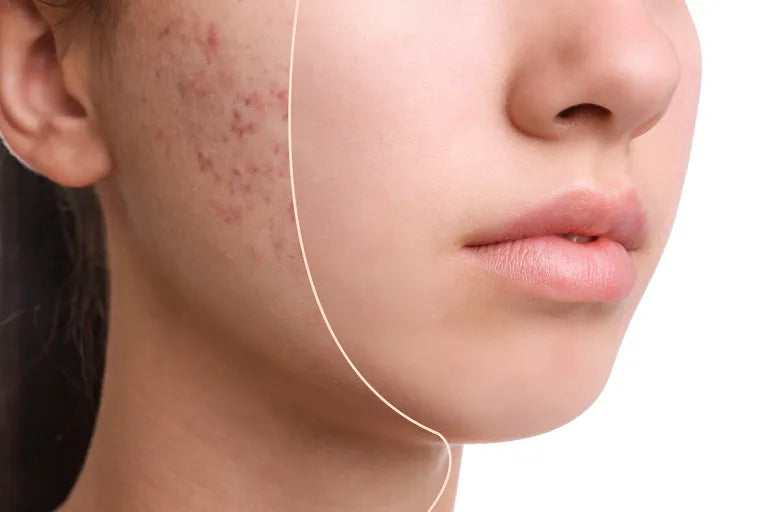
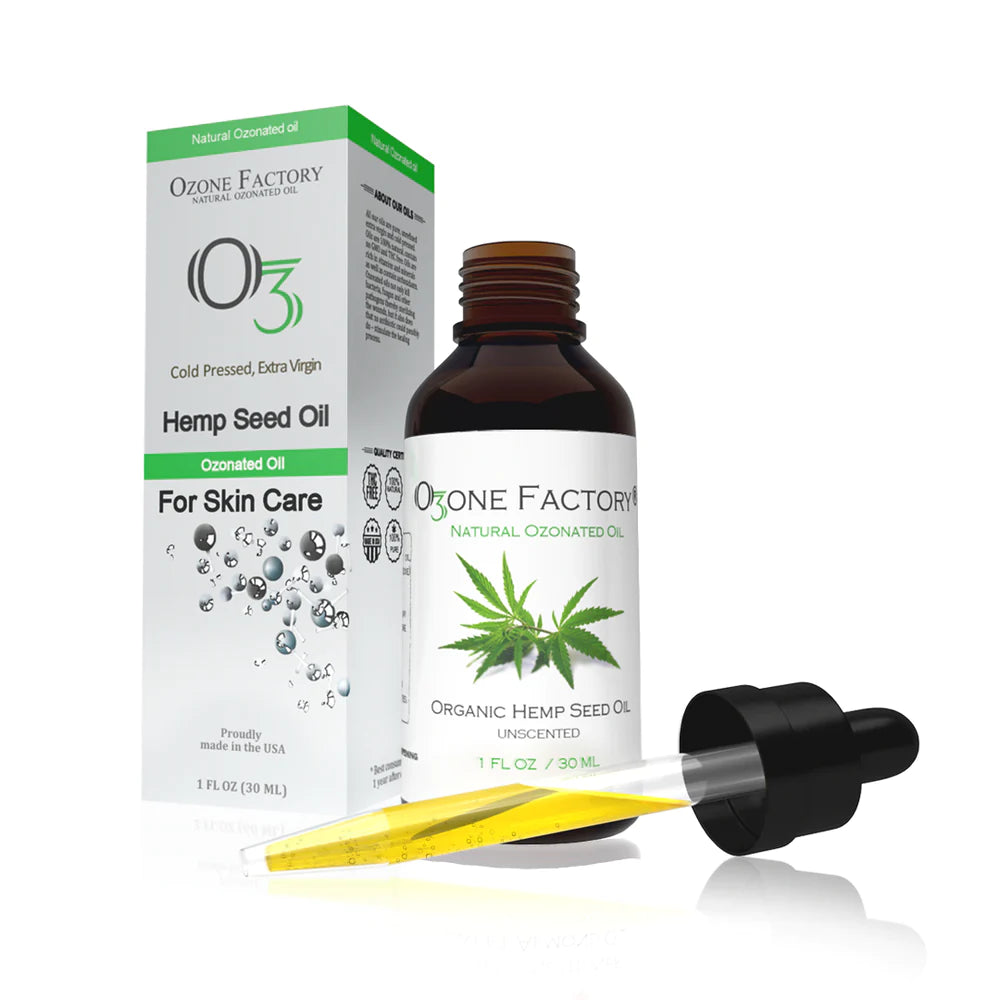
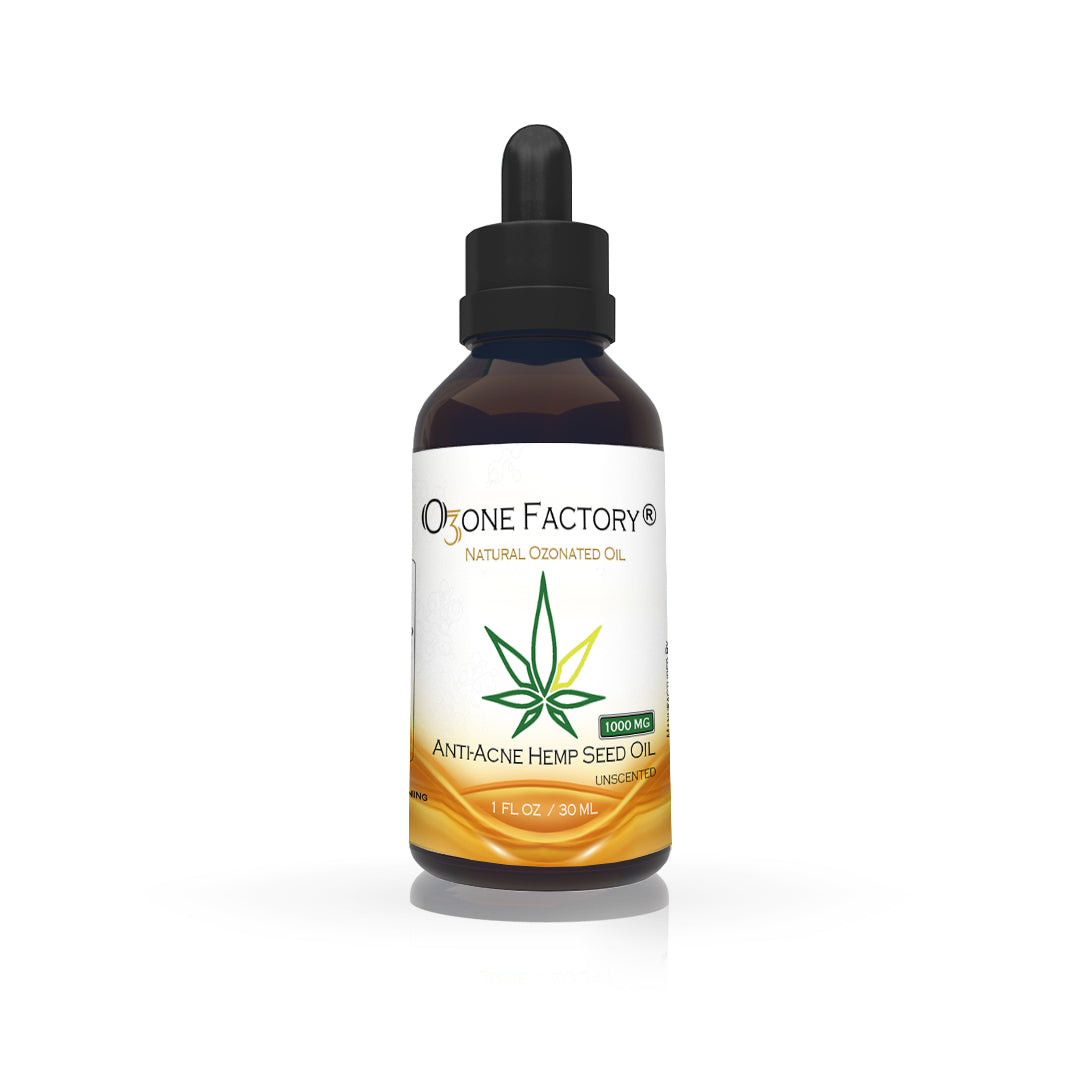


This is another testimony on how Chief Dr Lucky cured my HIV disease. Do you need a cure for your HIV disease? Do you want to be cured from your cancer disease? Or you want to be free from any type of disease. Kindly visit https://chiefdrluckyherbaltherapy.wordpress.com/ . He just cured my HIV disease and I’m very grateful to him, he is the only herbalist that can cure you.
WhatsApp number : +2348132777335
Via Email : chiefdrlucky@gmail.com
Thank you all for reading,
God bless"
priligy canada